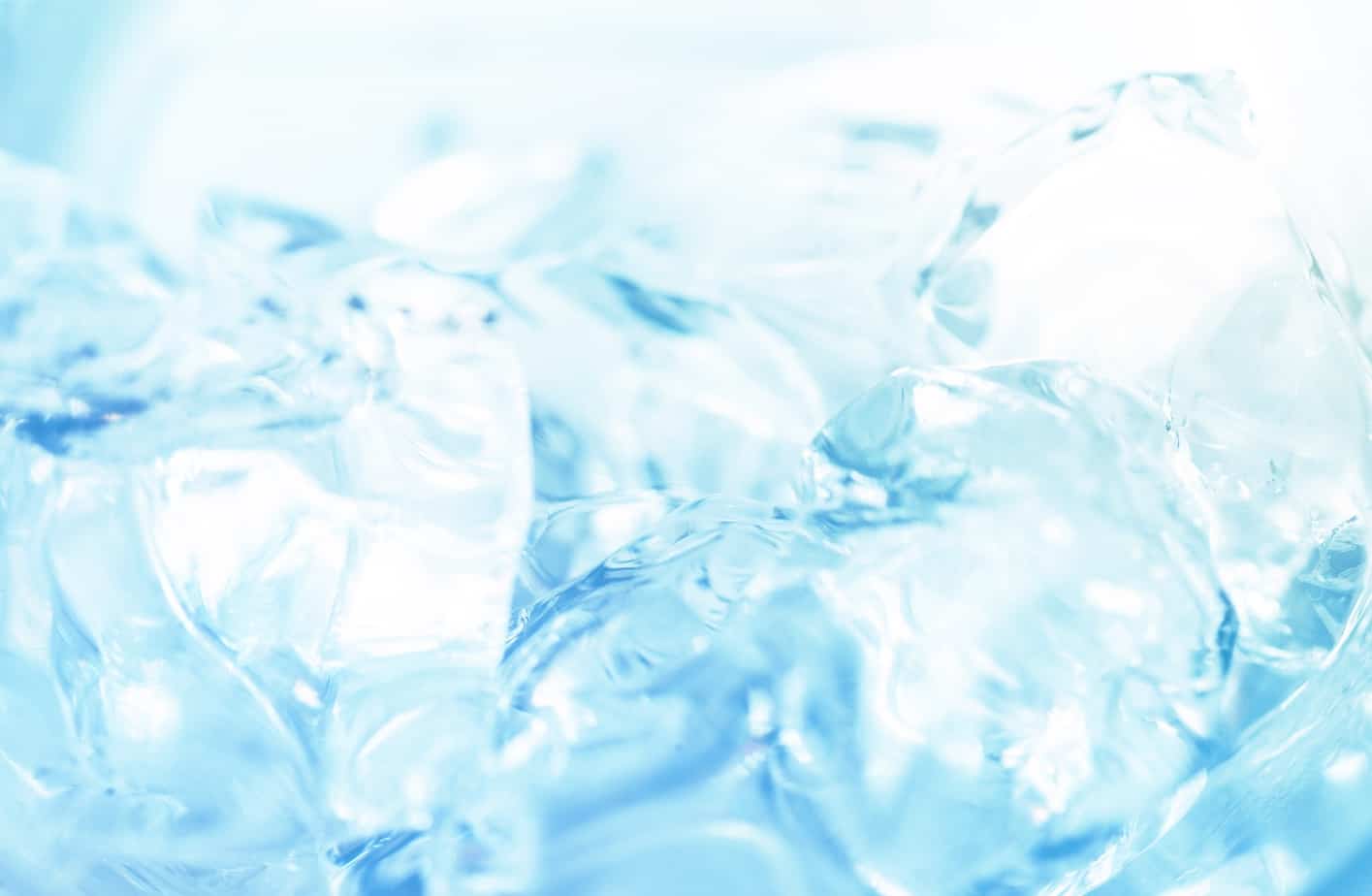Intermittent cold water immersion: 8ºC vs. 15ºC
Your weekly research review
Contents of Research Review
- Background & Objective
- What They Did
- What They Found
- Practical Takeaways
- Reviewer’s Comments
- About the Reviewer
- Comments

Original study
Kodejška J, Baláš J, Draper N. Effect of Cold-Water Immersion on Handgrip Performance in Rock Climbers. Int J Sports Physiol Perform. 2018;13(8):1097-1099. doi:10.1123/ijspp.2018-0012
Click here for abstract
Background & Objective
Cold water immersion (CWI) is widely implemented within the athletic population in order to enhance recovery. In the Olympics, rock climbing will be structured in a triathlon-style format, therefore requiring athletes to speed-up recovery by maintaining hand-grip performance. This study aimed to investigate the effects of intermittent CWI at two different temperatures (8 and 15ºC) on hand-grip performance.
What They Did
This study used a crossover design, where 32 rock climbers randomly completed three recovery interventions during three visits to the laboratory: CWI at 8ºC, CWI at 15ºC, and passive recovery (PAS).
On each session, athletes performed three trials consisting of an intermittent hand-grip exercise performed on a climbing-specific dynamometer and force-time integral (FTI; total time of contraction multiplied by the force of contraction) was recorded. The intermittent hand-grip exercise consisted of 8-second contractions at 60% of MVC followed by 2-seconds of recovery. If the applied force was 10% below the target force, the trial was terminated and recovery commenced. After trials one and two, CWI was implemented intermittently (3 x 4 mins immersed, with 2-mins between the immersions).
What They Found
No significant differences were observed between recovery modalities on trial 1. However, during trials 2 and 3, athletes exposed to CWI (8 and 15ºC) were able to produce higher mean FTI during the intermittent trial to failure. Moreover, during the third trial, FTI was significantly higher after CWI performed at 15ºC in comparison to 8ºC.
[optin-monster-shortcode id=”jyyw4xzrpuivfz8gggx4″]
Practical Takeaways
The findings of this study suggest that intermittent CWI, particularly 15ºC over 8ºC, is an effective strategy to speed-up recovery during a rock climbing specific hand-grip exercise. Therefore, when athletes are competing in a rock climbing multiple-style format event, inclusion of intermittent CWI should be considered.
Reviewer’s Comments
“I am particularly fond of studies like this one as they aim to solve “real-world” issues. While the effects of CWI for enhancing recovery have been previously demonstrated in rock climbing, this is the first study to compare CWI at different temperatures. It is important to mention that differences observed during the 3rd trial may be due to a greater decrease in muscle temperature after the athletes were exposed to CWI at 8ºC. The higher reductions in muscle temperature may lead to a decreased nerve conduction velocity (see attached article #3) and therefore a reduced FTI.
The authors opted to use an intermittent CWI protocol that resulted in 12-minutes of CWI exposure. Perhaps it could be interesting to explore different protocols in order to optimise recovery, such as 2 x 5 minutes with 5 minutes of recovery between bouts. Moreover, the authors observed that responses from CWI are highly individual. As discussed in previous issues of the Performance Digest, temperature induced-changes by CWI are widely dependent by body composition (body fat, body mass, body area, etc.), gender, and other factors. When working with individual-sport athletes (e.g. rock climbers), practitioners should investigate the individual responses their athletes experience from CWI. You could do this by selecting a sport-specific test and measuring performance before and after, both with and without CWI.”
Want to learn more?
Then check these out…
Read this article
Read this article
Want more research reviews like this?
Every coach understands the importance of staying up-to-date with the latest sports performance research like this, but none have the time, energy, or even enjoys spending hours upon hours searching through PubMed and other academic journals. Instead, your precious time is better-spent coaching, programming, and managing all the other more important aspects of your job.
The solution…
The Performance Digest
The Performance Digest is a monthly summary of the latest sports performance research reviewed by our team of hand-selected experts. We sift through the 1,000+ studies published in the realms of sports performance every, single month and review only those which are important to you. Each monthly issues contains 19 research reviews in all of the following disciplines:
This comprehensive topic base ensures you’re constantly expanding your knowledge and accelerating your career as quickly as humanly possible. The reviews are also hyper-focused, 1-page summaries, meaning there’s no jargon or wasted time. We cut right to the chase and tell you what you need to know so you can get back to coaching.
Join the thousands of other coaches who read


